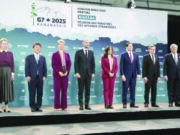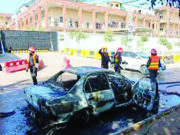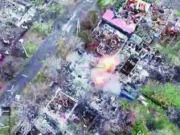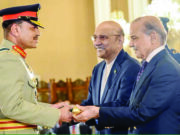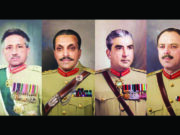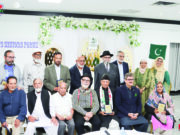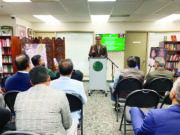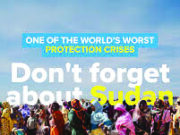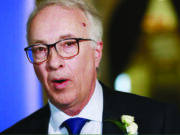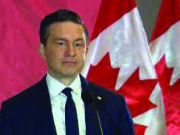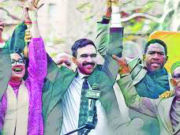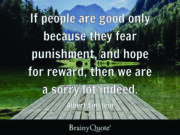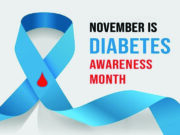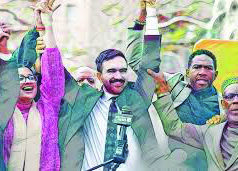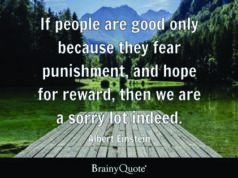For more than 10 years, HM Queen Rania of Jordan has been the no.1 most influential Muslim woman in the world (in herown private capacity, not as Queen of Jordan) on social media, in terms of statistics and followers.
After the war in Gaza started post October 7th 2023, HM Queen Rania has emerged as a powerful and eloquent voice for justice and humanity in the face of the ongoing slaughter of Palestinian civilians. Her relentless
efforts to change Western perceptions of the
Palestinian cause, especially amidst the intense Israeli public relations campaigns, have made her a formidable force in global discourse. Being of Palestinian descent, she emerged as the only ‘Palestinian’ voice in the world—certainly the only woman—capable of presenting the plight of Palestinians in top Western media outlets, in an acceptable and reason-based way.
Together with Egyptian comedian Bassem Youssef, and various TikTok videos, she was largely responsible for changing public opinion in the world about the plight of
civilians in Gaza.
Changing Western Perception:
Queen Rania’s Strategic Advocacy
In a climate where much of the Western world was initially swayed by Israeli narratives that painted Palestinians as aggressors or terrorists, Queen Rania intervened. She addressed the misinformation and offered
a counter-narrative that highlighted the suffering of the Palestinian people, the civilian toll of the conflict, and the pressing need for a just resolution. Her advocacy was particularly significant given the effectiveness of Israeli public relations efforts, which included
widely circulated but later discredited stories, such as the claim that Hamas had beheaded 40 babies. By speaking out against these narratives, Queen Rania helped to dismantle some of the falsehoods that had
gained traction in Western media.
Through a series of high-profile interviews and public statements, Queen Rania challenged the validity of these claims.
She pointed out the dangerous consequences of such false narratives, which fuel hatred and escalate violence. Her efforts to bring attention to the Palestinian experience, to humanize their suffering, and to call for an end to the conflict resonated deeply with audiences worldwide, especially inWestern nations where the Israeli narrative had been
largely unchallenged.
Queen Rania embarked on a strategic media
campaign to change the perception of the conflict in Gaza. She appeared on major international platforms, including interviews with CNN, BBC, Al Jazeera, and The New York Times, where she expressed her concerns about the humanitarian crisis in Gaza.
Her eloquent and emotionally compelling messages reached millions, and she was able to provide a balanced perspective on the conflict that was often missing in mainstream media.
In these interviews, Queen Rania was clear and consistent in her message: the world must recognize the humanity of the Palestinian people and seek a just solution that ensures their dignity and rights. She challenged Western leaders and audiences to look beyond the headlines and propaganda and to consider the human cost of the conflict. Her ability to speak directly to Western audiences, often in their language and on their platforms, allowed her to reach people
who may not have been previously exposed to the Palestinian perspective.
Voices Supporting Total Destruction and Queen Rania’s Response Amidst the conflict, there were strong calls from various voices in the United States and Israel for drastic military action against Gaza. Statements from Israeli leaders, including Prime Minister Benjamin Netanyahu, as well as some American political figures, expressed support for actions that could lead to the
complete destruction or expulsion of Palestinians from Gaza. Some compared the scale of the proposed military response to using “nuclear bombs” in terms 5 of the devastation it would cause.
Queen Rania stood out as a powerful counter-voice to these genocidal positions. She condemned the indiscriminate bombing and called for restraint, reminding the world that the vast majority of those suffering in Gaza were innocent civilians, including women and children. Her message was
clear: the international community must uphold its commitment to human rights and the principles of international law.
Her advocacy was particularly effective because it was not just political but also deeply personal. As a mother, Queen Rania spoke passionately about the children caught in the conflict, emphasizing their innocence and their right to safety, education, and
a future free from violence. She highlighted the psychological and physical trauma being inflicted on a new generation of Palestinians, making it harder for the world to ignore the human cost of the conflict.
Pushing Back Against Israeli PR:
Queen Rania’s Strategic Allies
Queen Rania was not alone in her efforts to change Western perceptions. She was joined by other influential voices, such as Bassem Youssef, an Egyptian comedian and political commentator known for his sharp wit and fearless criticism. Together, they provided a formidable counter-narrative to Israeli public relations campaigns that often dominated Western media. Youssef ‘s comedic approach complemented Queen Rania’s more diplomatic and heartfelt appeals, and resonated with a wide range of audiences.
While Israeli public relations efforts were well-funded and extensive, the combined voices of Queen Rania, Youssef, and other advocates began to shift the conversation. They used humour, empathy, and factual evidence to challenge false narratives and to
call for a more balanced understanding of the conflict. Their efforts made it more difficult for misinformation to go unchallenged and helped to create a more nuanced conversation about the realities on the ground in Gaza.
HM Queen Rania’s Social Media Accounts:
1. Instagram: Queen Rania has around 10.4
million followers. Her Instagram account is
very active, featuring photos and videos from her public appearances, family moments, and advocacy work.
2. X (Twitter): On Twitter, she has approximately 10 million followers. She uses this platform to share her thoughts on current
events, human rights, and global issues.
3. Facebook: Queen Rania has around 18.2 million followers on Facebook, where she shares a mix of personal updates, speeches, and posts about her humanitarian and social initiatives.
4. YouTube: Her YouTube channel has about 250,000 subscribers, and it features videos
of her speeches, interviews, and other official activities.
Adding up these figures, Queen Rania has over 38 million followers across Instagram, X (Twitter), Facebook, and YouTube.
Derived from The Muslim 500: The World’s 500 Most Influential Muslims, 2025
Sources: themuslim500.com/books
